This page gives you a guide to the sounds and words you baby may use to communicate as they grow up. However, it’s important to remember that all babies are different, and some may develop faster or slower than others.
Our page on when should my baby start talking has more information. Remember, if you have any concerns about your baby’s interaction, you should always contact your health visitor or GP.
What can I expect from 3 months?
At this stage your baby may:
- coo in response to your voice
- attempt to copy facial expressions, for example, sticking their tongue out
- make vowel-like sounds.
This video from the BBC’s Tiny Happy People website has tips for starting mini chats with your baby at this age.
What can I expect from 4 months?
For roughly the first four months of life, your baby’s social interaction depends largely on face to face contact. So they’ll only be able to interact with one person at a time. Then, around 4 – 5 months, you’ll see how they can engage with two people – for example, being gently tickled by one parent, laughing in response, then looking at the other parent to involve them in the game.
What can I expect from 6 months?
When your baby is 6 months your baby should be learning that communicating is rewarding, so will be interacting with you even more. They may:
- coo and gurgle with pleasure
- begins to babble consonant and vowel sounds, like ‘ba’
- copy noises you make and make noises in response to you
- get excited when they hear a familiar voice..
This video from the BBC’s Tiny Happy People website has tips for responding to your baby’s babble – the most important thing is to respond to their sounds and chat to them.
What can I expect from 8 months?
At this age your baby may:
- copy adult speech, lip movements and facial expressions
- take turns in conversation using babble
- uses facial expressions and body movements to communicate with you.
These videos from the BBC’s Tiny Happy People website have tips for how you can help you baby learn to talk by focusing on things that capture their attention.
What can I expect from 9 months?
Towards 9 months, your baby will start pointing at objects, and will need you to look at what they’re seeing, and show your interest. This experience of ‘shared interest’ is an important step towards being able to understand a different perspective from their own.
What can I expect from 11 months?
As your baby gets older, you might see them ‘teasing’ you by starting to hand you a toy, then as you go to take it, suddenly taking it away and giggling. They love to play this kind of game over and over again, especially when you pretend to look disappointed!
What can I expect between 13 and 15 months?
At this age your baby may:
- start to understand some words, like ‘bye bye’
- start to recognise familiar objects like ball, car or teddy
- say their first words
- use gesture or pointing to show what they want
- copy words and sounds.
This video from the BBC’s Tiny Happy People website has tips for talking to your baby about things that interest them and how using clear language can help them connect your words to the things they’re focusing on.
These Tiny Happy People videos have further tips for wee ones aged 18 months to 2 years old.
You can find out more about what to expect with your child’s language development by using the ICAN progress checker.
 Activities & Play
Activities & Play Behaviour
Behaviour Childcare
Childcare Development & Growing Up
Development & Growing Up Family, Friends & Relationships
Family, Friends & Relationships Feeding Your Baby
Feeding Your Baby Food & Eating
Food & Eating Health & Safety
Health & Safety Mental Health & Wellbeing
Mental Health & Wellbeing Money & Work
Money & Work Online Behaviour & Safety
Online Behaviour & Safety Pregnancy & First Days
Pregnancy & First Days School & Education
School & Education Sleep
Sleep

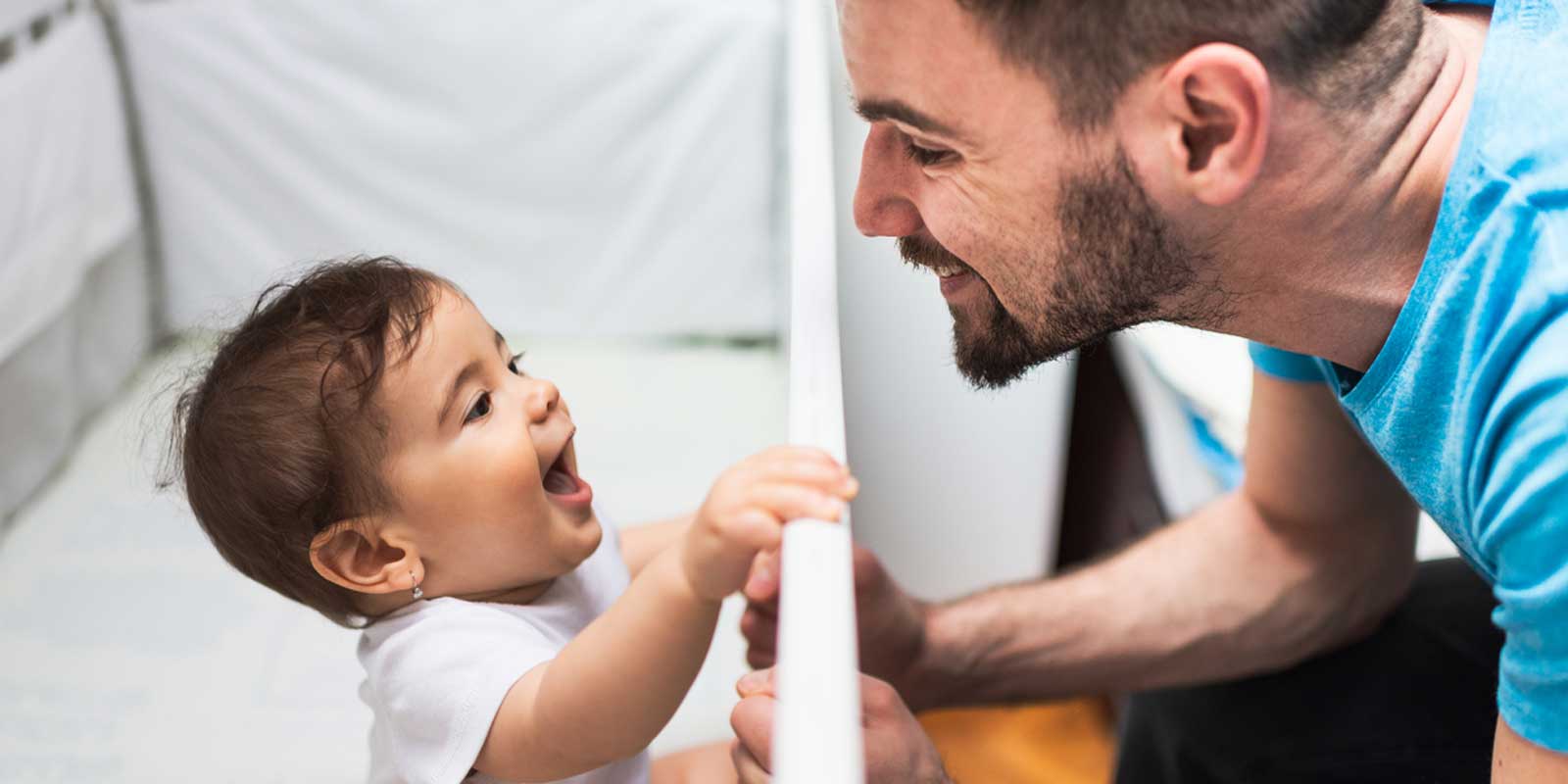
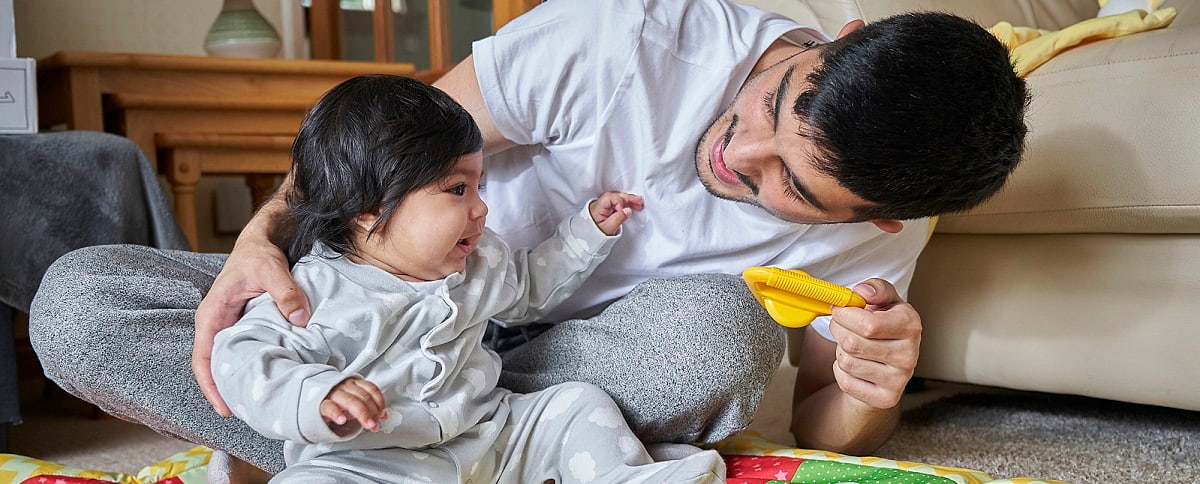
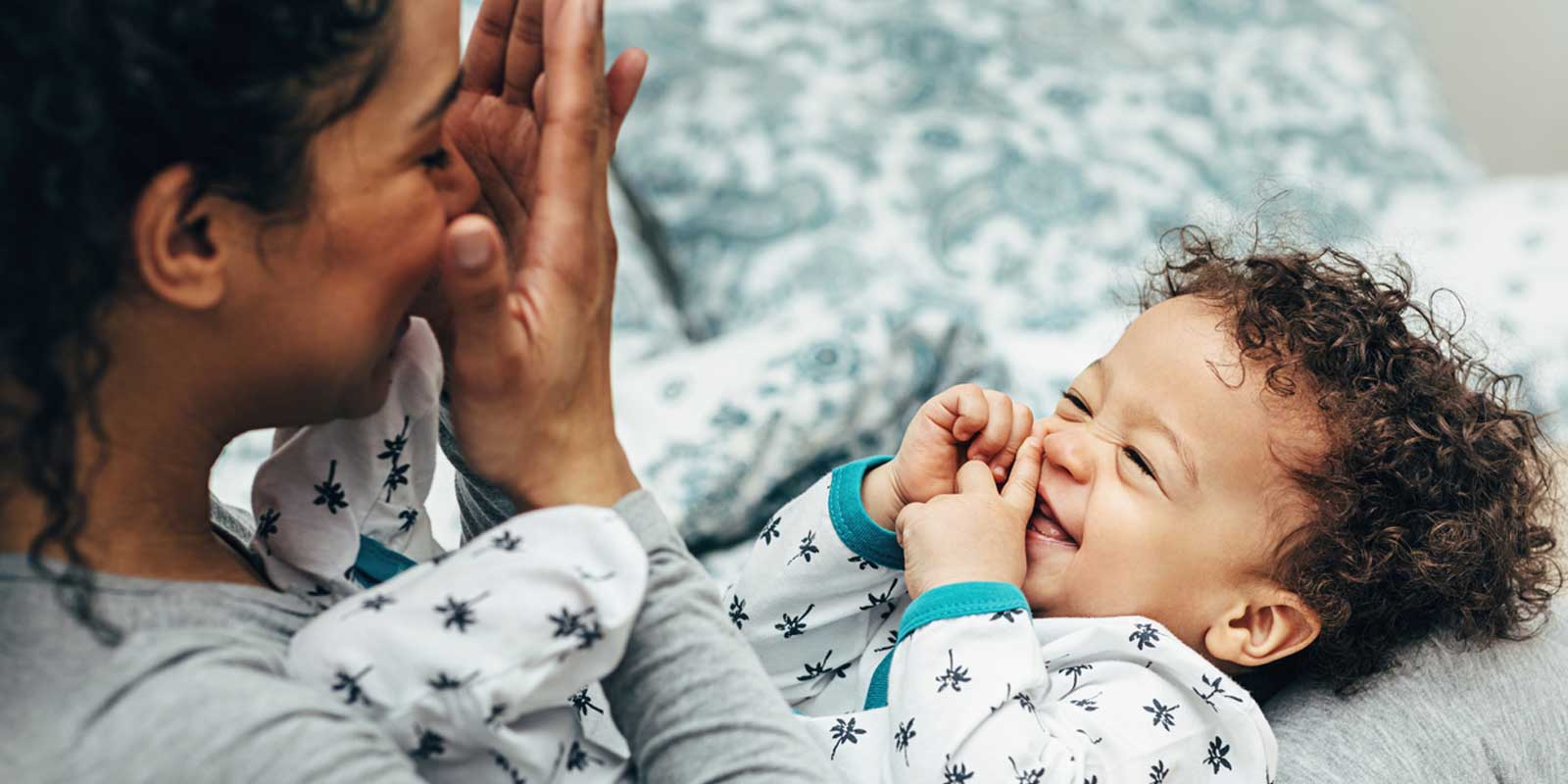
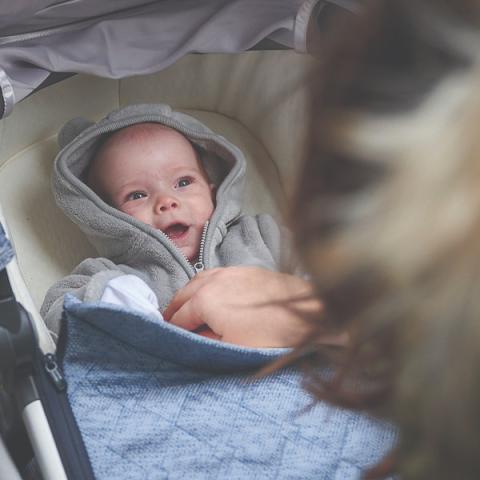
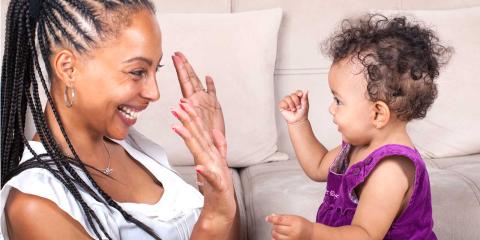
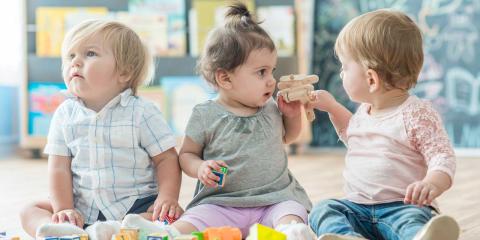
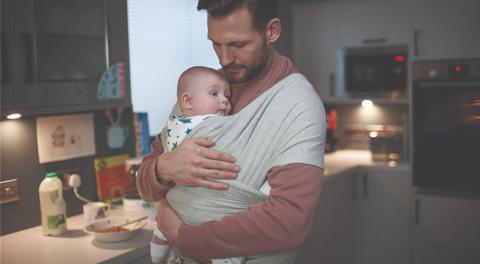
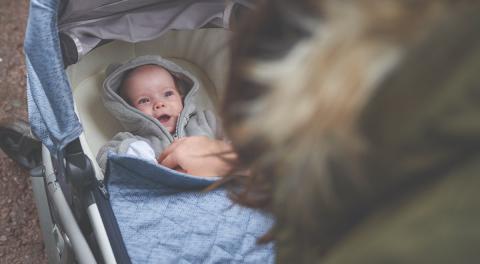
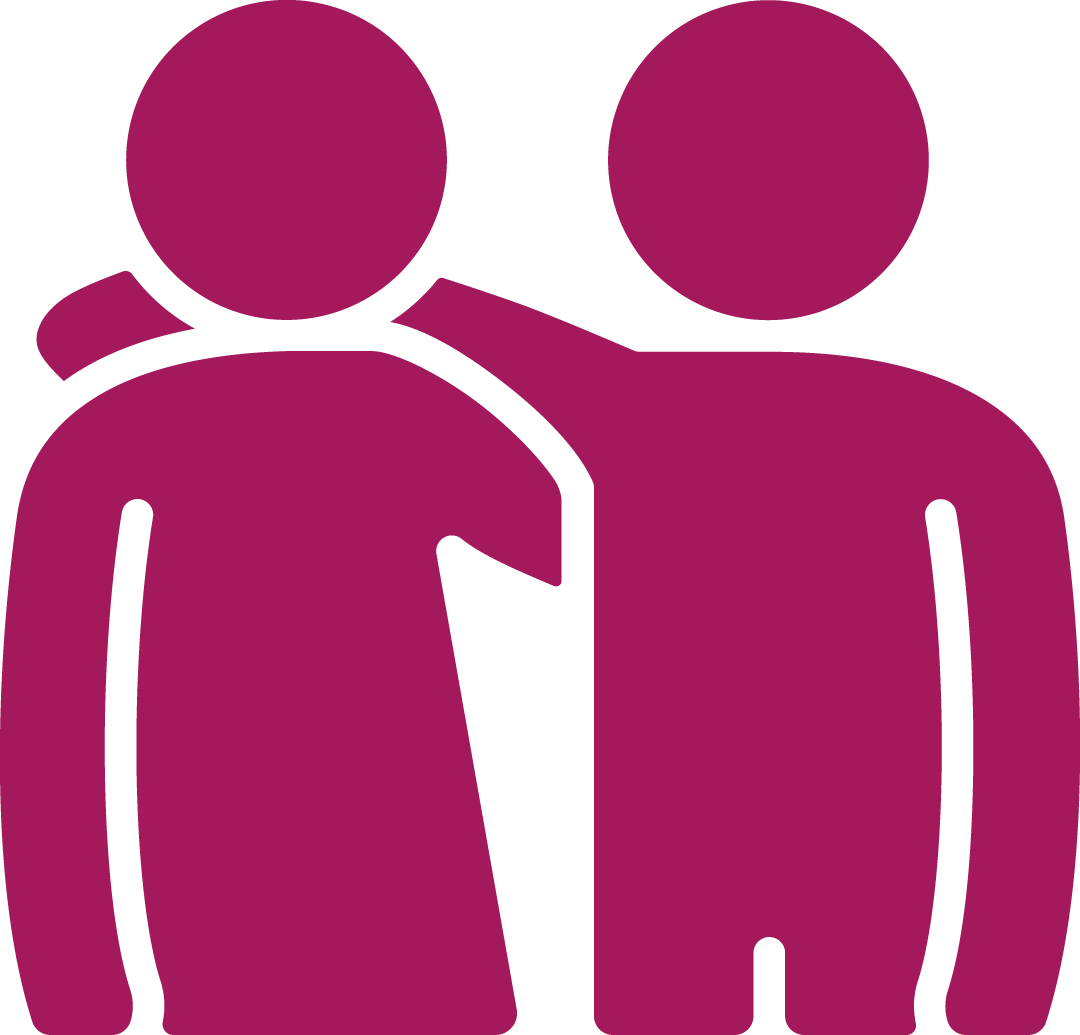 Family, Friends & Relationships
Family, Friends & Relationships
 Mental Health & Wellbeing
Mental Health & Wellbeing